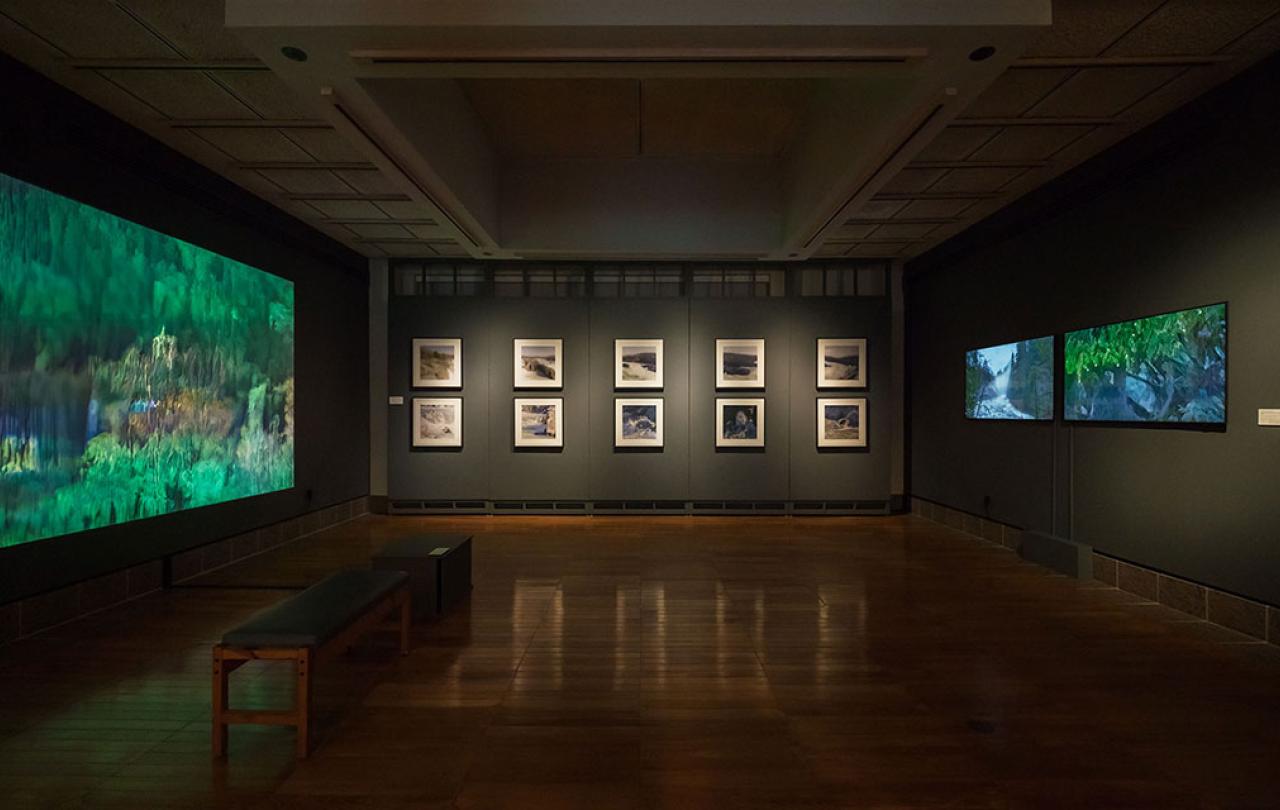
It is a truth universally acknowledged that nobody has ever liked Fanny Price. Or is it? Many in Austen’s own family liked the heroine of Mansfield Park. Her sister Cassandra was ‘fond’ of Fanny; her brother Francis called her ‘delightful’. Early critics of Austen’s works, like archbishop Richard Whately, also praised both the novel and its protagonist.
Where does our current dislike towards Fanny Price come from, then? The major literary critics of the last century certainly didn’t help. Lionel Trilling paved the way, announcing confidently in the 1960s that ‘Nobody, I believe, has ever found it possible to like the heroine of Mansfield Park’; Kingsley Amis even called Fanny a ‘monster of complacency and pride’. Two decades later, Tony Tanner agreed: ‘Even sympathetic readers have often found [Fanny] something of a prig…nobody falls in love with [her]’. The list goes on.
But we can’t blame academia alone. Sometime in the twentieth century, we simply stopped liking Fanny. Most Austen readers I know rank her as the worst of her heroines. We don’t like her moralising, her priggishness, and her insistence that she must follow her conscience along with the religious precepts which she holds so dear. To make her appealing to contemporary viewers, both major recent adaptations of the novel (Patricia Rozema’s 1999 film adaptation and Iain B. MacDonald’s 2007 TV adaptation) completely butchered her, turning a quiet, timid character into an outspoken Elizabeth Bennet type. The problem is not that we think Fanny is evil, it’s that we find her boring.
Enter Whit Stillman’s brilliant 1990 film Metropolitan, itself a loose adaptation of Austen’s novel. Tom Townsend, one of the film’s young protagonists, recommends the very essay by Lionel Trilling that I’ve cited above to Audrey Rouget, the main character and moral compass of the film. When they later discuss the essay, Audrey is puzzled by Trilling’s dislike of Fanny:
I think [Trilling] is very strange. He says that nobody could like the heroine of Mansfield Park? I like her. Then he goes on and on about how we modern people today with our modern attitudes bitterly resent Mansfield Park because…its heroine is virtuous? What’s wrong with a novel having a virtuous heroine?
Trilling is at least partly right. Fanny, with her religious principles, offends our modern sensibilities. Our reading culture is one deeply embarrassed by goodness, and Fanny’s piety makes us deeply uncomfortable. But Audrey is right, too. There shouldn’t be anything wrong with ‘a novel having a virtuous heroine’. What if the fault is not with Fanny Price, but with us, the readers? What if we’ve simply lost our taste for goodness?
Fanny is often compared unfavourably to Pride and Prejudice’s Elizabeth Bennet. Mary Crawford, the argument goes, is the Elizabeth Bennet character in Mansfield Park: blunt, stubborn, self-assured. Fanny, on the other hand, is a kind of Charlotte Lucas, quiet, introspective, and concerned with social mores. But following her conscience doesn’t squash Fanny’s individuality, and neither does it make her ‘conventional’. This is only true on a surface level.
Presentism, the insistence to project current sensibilities onto the past, is the poison of good literature.
In fact, these four characters (Elizabeth, Charlotte, Mary, and Fanny) represent examples of real versus false virtues – what philosopher Alasdair Macintyre would call ‘simulacra’ of virtue. While both Elizabeth Bennet and Mary Crawford are opinionated, only Elizabeth is truly brave. Mary, though she acts like she doesn’t care about social norms, is all too eager to marry Fanny off to her brother Henry – after he has committed adultery with a married woman – for the sake of keeping appearances. Similarly, although both Charlotte Lucas and Fanny Price are reserved, Fanny’s reserve comes from humility, Charlotte’s from the kind of timidity that is a failure of courage.
I think that’s precisely the challenge that Austen sets for us in Mansfield Park: to discern true from simulated virtue, even when true virtue might be less immediately attractive, less noticeable. When we look below the surface, Fanny emerges not as a passive, prudish character, but rather as brave and resilient. She may not be witty, but she is not a pushover. She rejects Henry Crawford’s proposal of marriage even as her uncle Sir Thomas pressures her to accept, on the grounds that he’s not good enough for her.
By going against the will of her uncle Sir Thomas, Fanny finds herself banished from Mansfield Park, the only place she knows as her home. She’s sent off to visit her parents in Portsmouth, not knowing when she’ll be allowed back. What’s more, she is rejecting the prospect of financial security through marriage with a rich man for the sake of her principles. She neither respects nor loves Crawford enough for the commitment of marriage: ‘I—I cannot like him, sir, well enough to marry him’, she confesses to her uncle despite her own shyness. In her confidence about a decision that will affect her future happiness, she can be as headstrong as Elizabeth Bennet is when she turns down Mr. Collins.
Once we acknowledge how brave and resilient Fanny can truly be, we can begin to cherish her other qualities, too. Still, someone might ask, why do we need to force ourselves to appreciate characters like Fanny in the first place? Why can’t we just leave people to have their own taste in literature? To that I answer: if we have come to dislike a character for being virtuous, as Trilling claims, isn’t that in itself pretty compelling evidence that something has gone amiss in our literary taste? Don’t we need to rediscover our lost enjoyment of goodness, if we want our culture to be a flourishing one?
Fortunately, the line connecting Austen to our culture today has not been entirely cut off. ‘Somewhere between us and [Jane Austen], the chasm runs’, wrote C. S. Lewis around the same time that Trilling pronounced Fanny Price to be unlikeable. Perhaps they were both wrong. If literary critics won’t value characters like Fanny, then it’s the common reader’s job to do so. Metropolitan’s Audrey is the fictionalised appreciator of Fanny Price par excellence, a custodian of good taste. But I remain hopeful that there are Audreys in real life, too: readers who are perceptive enough to appreciate Fanny; readers who, instead of judging a character written 200 years ago for not being ‘modern’ enough, choose to let past literature challenge their current assumptions. Presentism, the insistence to project current sensibilities onto the past, is the poison of good literature. Fanny Price, with all of her goodness, is the perfect cure.







